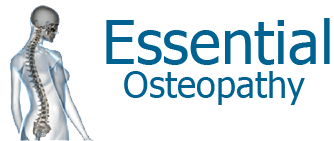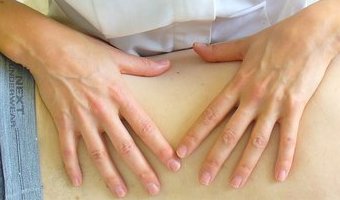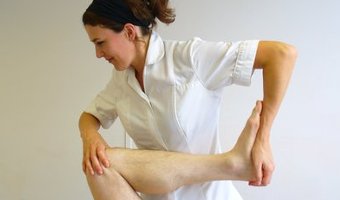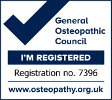Rotator cuff muscle / shoulder injuries
A number of patients present to me with symptoms in the shoulder and the arm which turn out to be an injury to one or more of the rotator cuff muscles and/or the biceps muscle. There are four rotator cuff muscles – suprspinatus, infraspinatus, teres minor and subscapularis – which all attach to both the thorax (upper body) at one end and the humerus (upper arm bone) at the other. Their job is to raise and rotate the arm in most directions. Damage to any one of these muscles, most often supraspinatus, can occur for the following reasons:
- acute trauma such as a fall, a work injury or a traffic accident
- prolonged repetitive use of the shoulder e.g. by playing sports such as tennis or weight lifting or working overhead such as painting ceilings
- degenerative changes as part of the ageing process – in this case there is a slow progression of pain where the blood flow to the muscle is restricted and the tendon attaching the muscle to the bone (humerus) begins to wear and even tear.
- pain on the outside of the shoulder, down the arm and up into the neck
- the patient is unable to lift their arm above shoulder height
- shoulder stiffness
- sleep disturbance
- arm weakness
- cracking and clicking in the shoulder area
- being aware of your posture – the head forward/shoulders rolled forward posture adopted by the majority of those who work at computers should be avoided as this changes the position of the shoulders and can lead to the degenerative changes mentioned above. Pectoral muscle stretches and exercises to strengthen the muscles between the shoulder blades and the spine definitely help to rectify this problem over time.
- Stretching and warming up the arms and positioning the shoulders and neck correctly before lifting heavy objects and avoiding handbags too heavily laden with things (especially if always carried on the same shoulder)





